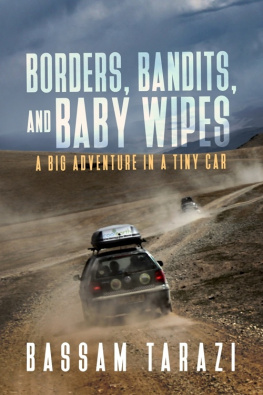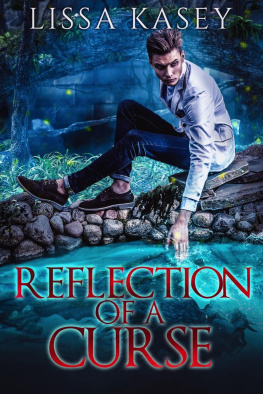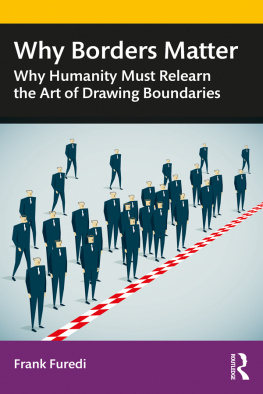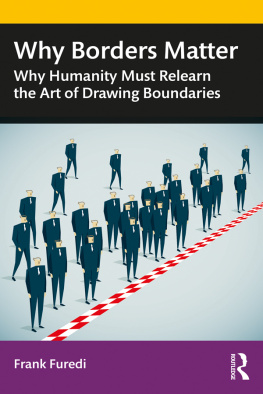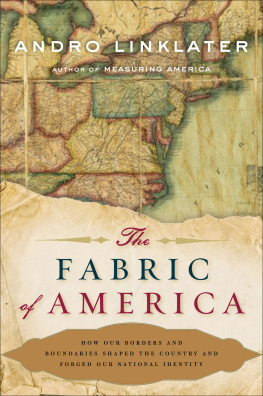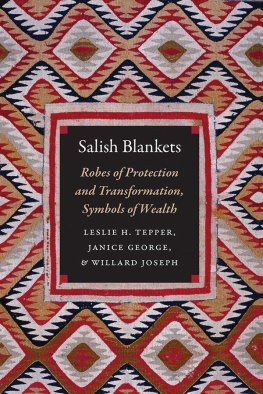
EMIL AND KATHLEEN SICK SERIES IN WESTERN HISTORY AND BIOGRAPHY
With support from the Center for the Study of the Pacific Northwest at the University of Washington, the Sick Series in Western History and Biography features scholarly books on the peoples and issues that have defined and shaped the American West. Through intellectually challenging and engaging books of general interest, the series seeks to deepen and expand our understanding of the American West as a region and its role in the making of the United States and the modern world.
EMIL AND KATHLEEN SICK SERIES IN WESTERN HISTORY AND BIOGRAPHY
The Great Columbia Plain: A Historical Geography, 18051910 by Donald W. Meinig
Mills and Markets: A History of the Pacific Coast Lumber Industry to 1900 by Thomas R. Cox
Radical Heritage: Labor, Socialism, and Reform in Washington and British Columbia, 18851917 by Carlos A. Schwantes
The Battle for Butte: Mining and Politics on the Northern Frontier, 18641906 by Michael P. Malone
The Forging of a Black Community: Seattles Central District from 1870 through the Civil Rights Era by Quintard Taylor
Warren G. Magnuson and the Shaping of Twentieth-Century America by Shelby Scates
The Atomic West edited by Bruce Hevly and John M. Findlay
Power and Place in the North American West edited by Richard White and John M. Findlay
Henry M. Jackson: A Life in Politics by Robert G. Kaufman
Parallel Destinies: Canadian-American Relations West of the Rockies edited by John M. Findlay and Ken S. Coates
Nikkei in the Pacific Northwest: Japanese Americans and Japanese Canadians in the Twentieth Century edited by Louis Fiset and Gail M. Nomura
Bringing Indians to the Book by Albert Furtwangler
Death Of Celilo Falls by Katrine Barber
The Power of Promises: Perspectives on Indian Treaties of the Pacific Northwest edited by Alexandra Harmon
Warship under Sail: The USS Decatur in the Pacific West by Lorraine McConaghy
Shadow Tribe: The Making of Columbia River Indian Identity by Andrew H. Fisher
A Home for Every Child: Relinquishment, Adoption, and the Washington Childrens Home Society, 18961915 by Patricia Susan Hart
Atomic Frontier Days: Hanford and the American West by John M. Findlay and Bruce Hevly
The Nature of Borders: Salmon, Boundaries, and Bandits on the Salish Sea by Lissa K. Wadewitz
The Nature of
BORDERS
Salmon, Boundaries, and Bandits on the Salish Sea
LISSA K. WADEWITZ
CENTER FOR THE STUDY OF THE PACIFIC NORTHWEST
in association with
UNIVERSITY OF WASHINGTON PRESS
Seattle and London
and
UBC PRESS
Vancouver and Toronto
2012 by the University of Washington
Press Printed and bound in the United States of America
Design by Thomas Eykemans
17 16 15 14 13 125 4 3 2 1
All rights reserved. No part of this publication may be reproduced or transmitted in any form or by any means, electronic or mechanical, including photocopy, recording, or any information storage or retrieval system, without permission in writing from the publisher.
CENTER FOR THE STUDY OF THE PACIFIC NORTHWEST
PO Box 353587
Seattle, WA 98195
USA
UNIVERSITY OF WASHINGTON PRESS
PO Box 50096
Seattle, WA 98145
USA
www.washington.edu/uwpress
UBC PRESS
The University of British Columbia
2029 West Mall
Vancouver, BC V6T 1Z2
Canada
www.ubcpress.ca
Library of Congress Cataloguing-in-Publication Data can be found in the back of this book.
Earlier versions of portions of this book were previously published in Pirates of the Salish Sea: Labor, Mobility, and Environment in the Transnational West, Pacific Historical Review 75: 4 (2006): 587627; Fishing the Line: Political Boundaries and Border Fluidity in the Pacific Northwest Borderlands, 1880s-1930s, in Sterling Evans, ed., The Borderlands of the American and Canadian Wests: Essays on Regional History of the Forty-Ninth Parallel (Lincoln: University of Nebraska Press, 2006), 299308; and The Scales of Salmon: Diplomacy and Conservation in the Western CanadaU.S. Borderlands, in Benjamin H. Johnson and Andrew R. Graybill, eds., Bridging National Borders in North America: Transnational and Comparative Histories (Durham: Duke University Press, 2010), 14164.
Contents
Acknowledgments
H AVING NOW EXPERIENCED THE BOOK PUBLICATION PROCESS from beginning to end, I have new and profound respect for the people who write books and the people who turn manuscripts into monographs. This is hard, detailed work that countless individuals and institutions have helped make happen.
Many archivists helped me navigate their records. The National Archives and Records AdministrationPacific Alaska Region in Seattle has a very knowledgeable and able staff; Susan Karren, John Fitzgerald, and John Ferrell were particularly helpful in my several visits to that facility. I also greatly benefited from the expertise of the staff at the Center for Pacific Northwest Studies at Western Washington University. Chris Friday, who was the centers director when I did the bulk of my research there, has been extraordinarily generous with his time and knowledge over the years. The archivists at the Anacortes History Museum, the Huntington Library, the National Archives and Records Administration facilities in Washington, D.C. and College Park, the University of Washingtons Special Collections, and the Washington State Archives in Olympia have all been extremely supportive throughout each stage of this project.
The assistance I received north of the border was also exceptional. The British Columbia Provincial Archives in Victoria, the City of Vancouver Archives, the Library and Archives Canada in Ottawa, the St:l Nation Archives in Chilliwack, British Columbia, and the UBC Rare Books and Special Collections all boast cheerful and skilled staff people. I greatly benefited from George Brandaks command of UBCs Special Collections before his retirement from that facility.
Traveling to these various, far-flung archives costs money. I have been fortunate to receive financial support from a broad range of sources. The American Society for Environmental History, the John and Laree Caughey Foundation, the Center for Pacific Northwest Studies at Western Washington University, UCLAs Graduate Division, the UCLA History Department, the UCLA Institute of American Cultures, and the UCLA International Studies and Overseas Program all provided critical funding in the earlier stages of my research. The Western Historical Associations Martin Ridge Fellowship for Study in Western History allowed me to conduct important archival work at the Huntington Library.
My intellectual debts are just as, if not more, extensive. Barbara Knox got me to college, and Samuel Yamashita encouraged my intellectual curiosity as my undergraduate adviser at Pomona College. Although I ended up changing fields, he taught me the benefits of having a dedicated mentor early on in my academic career. This trend continued in graduate school at UCLA, where I was fortunate enough to work with Steve Aron. Steve has been consistently supportive over the years, and I cannot thank him enough for his keen mind and generous spirit. His insights greatly shaped how this project proceeded, and I have learned much from our conversations. John Agnew and Jan Reiff were both excellent committee members, and I have benefited tremendously from their guidance and expertise.


